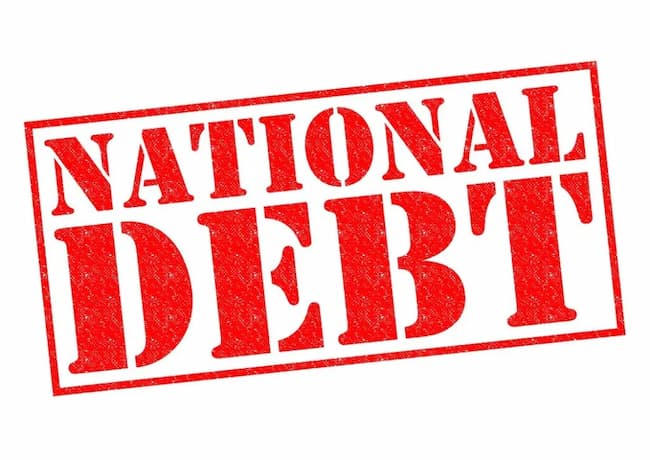Nigeria’s spending on servicing Eurobonds and Diaspora bonds climbed by 85.67% between the first and second quarters of 2022.
Nigeria paid $246.16 million in foreign debt service payments in the first quarter of 2022, according to a review of data from the Debt Management Office on genuine external debt service payments. By the second quarter of the same year, the total debt service cost on these loans had grown to $457.01m.
As a result, debt service has risen by 86% in the last two years. A Eurobond is defined as “a debt instrument denominated in a currency other than that of the nation or market in which it is issued.”
A diaspora bond, according to the Migration Policy Institute, is “a government debt security with investors selected from the country’s people residing abroad, their descendants, or those having another connection to the nation.”
According to a breakdown for Q1 2022, the nation spent the full $246.16 million on servicing Eurobonds. However, a breakdown for the second quarter of 2022 revealed that the nation spent $148.57 million on Eurobonds and $308.44 million on Diaspora bonds.
While debt payment expenses on foreign bonds were for 44.86 percent of total external debt service in Q1 2022, they had risen to 76% by Q2 of the same year.
Nigeria purchased a $1.25 billion Eurobond from the international capital market in March of this year, making the country the first African country to access the market in 2022.
This happened a few days after the Minister of Finance, Budget, and National Planning, Dr Zainab Ahmed, had told Reuters that there was no plan to enter the Eurobond market in 2022.
The DMO said the proceeds of the Eurobond would be used to finance critical capital projects in the budget to bridge the infrastructure deficit and strengthen Nigeria’s economic recovery.
According to the finance minister, the proceeds from the $4bn acquired from the Eurobond market the previous year would be used to fund fuel subsidies.













